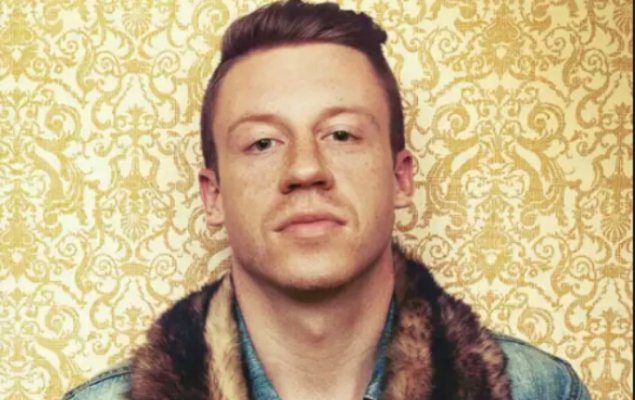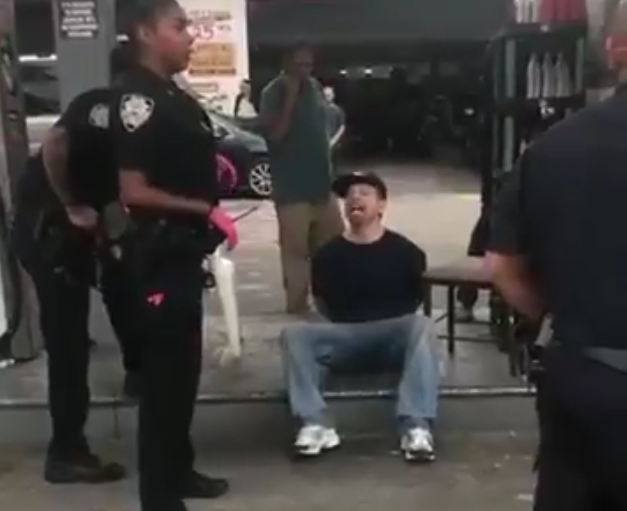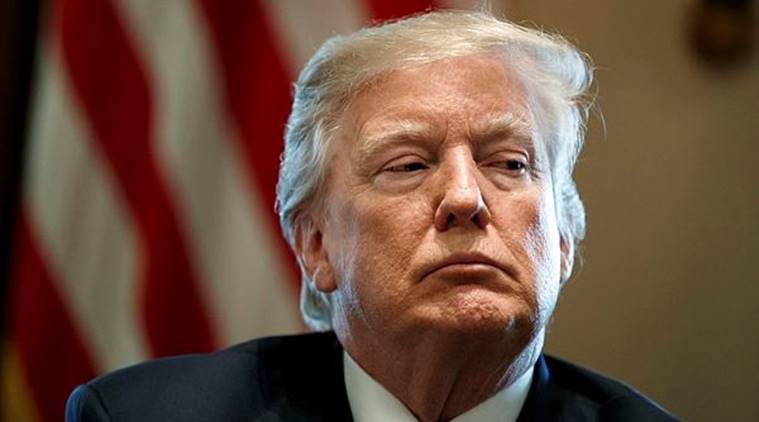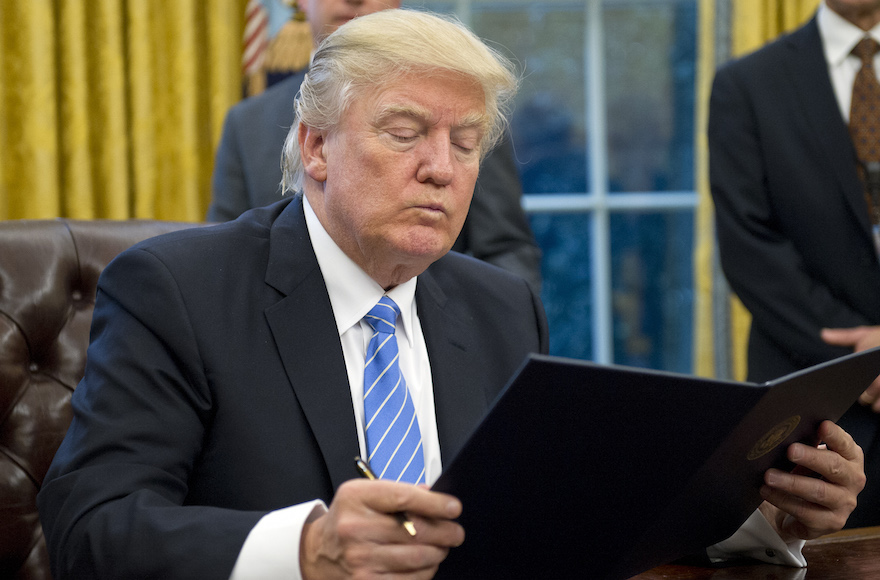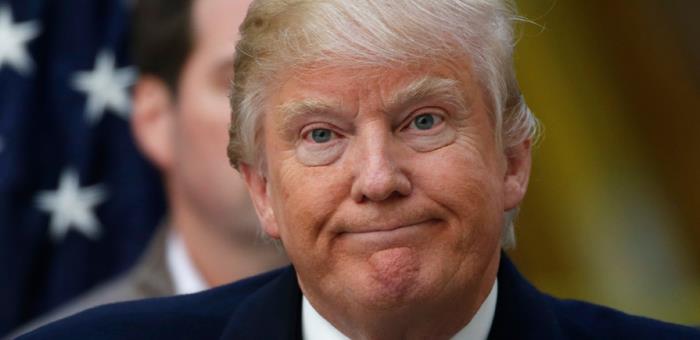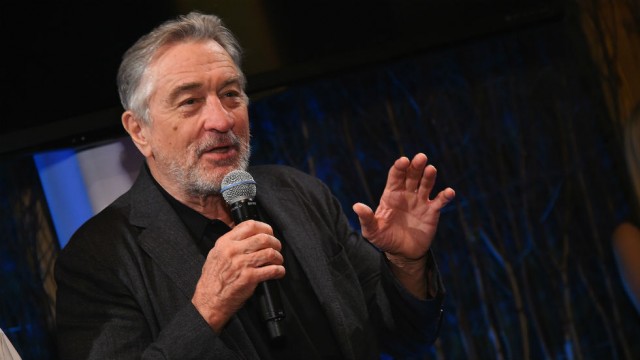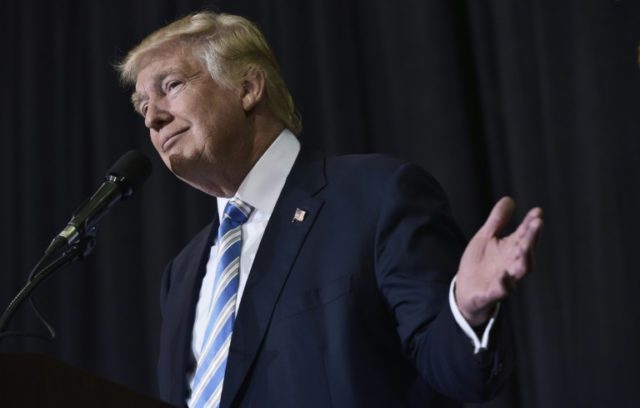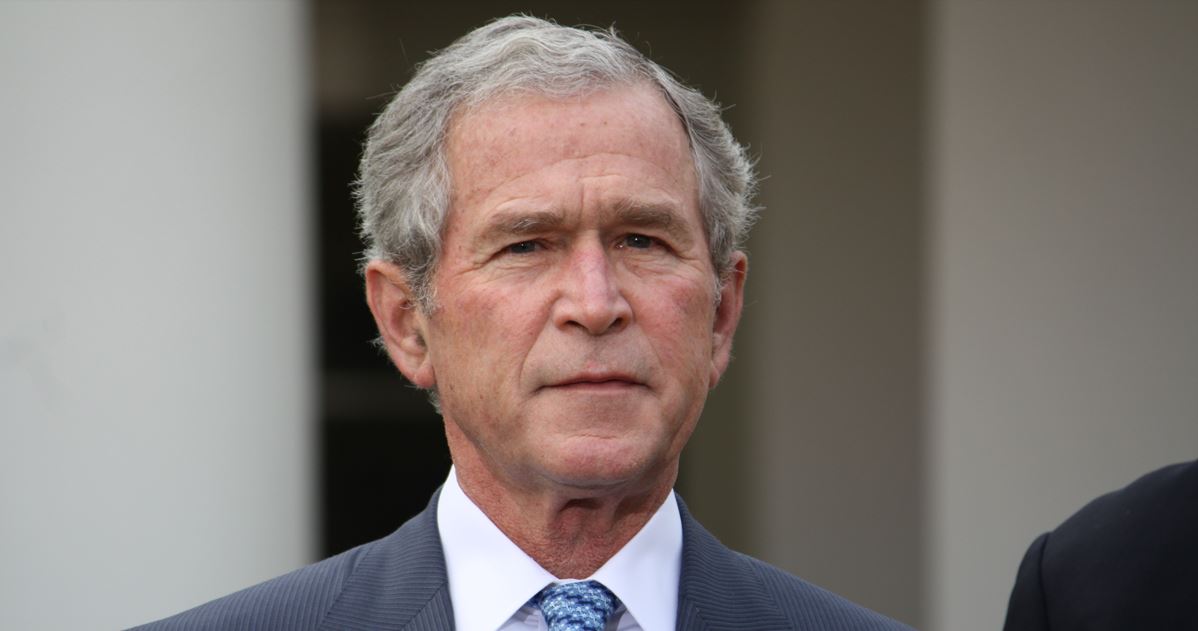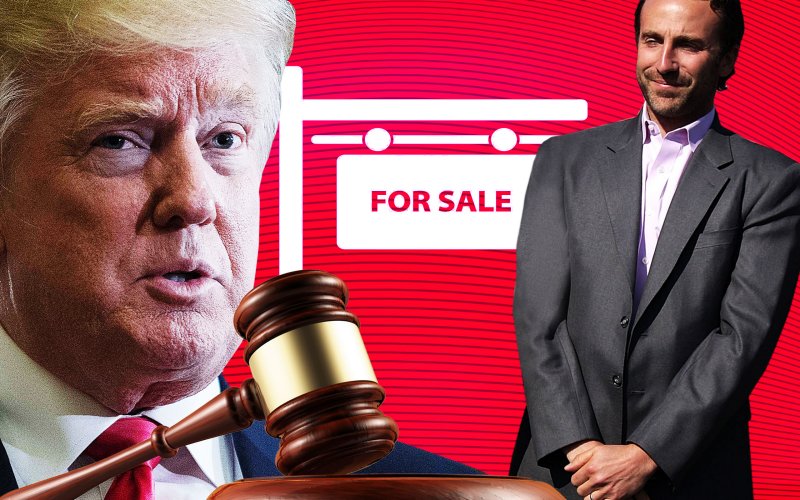“Eric Garner, Mike Brown. Very sad situations. Very, very sad situations. Situations that left so much frustration in me, watching these injustices happen again,” Macklemore said. “It was one of those moments of ‘How is this happening again right now?’ If there’s anything positive that has come out of their deaths — if there’s anything positive — I believe it has brought attention to injustices that have been plaguing America since the jump. Racial profiling. Corrupt judicial system. Police brutality. These are things that now have attention. Now people are talking about these things. Which is great. People are mobilizing. I’ve been inspired by the mobilization.”
As for his place in the movement, Macklemore acknowledged that it was a bit complicated in a lengthy answer about race relations in America and his standing as a white male rapper within the discussion:
For me, as a white dude — as a white rapper — I’m like, how do I participate in this conversation? How do I participate? How do I get involved on a level where I’m not coopting the movement or I’m not making it about me, but also realizing the platform I have and the reach that I have, and doing it in an authentic and genuine way. Racism is uncomfortable to talk about. White people, we can just turn off the TV when we’re sick of talking about racism. We can be like, “Oops, I’m done.” It does not work that way for everybody, but that’s way we can do. White “liberal” people want to be nice. We don’t want to mess up. We don’t want to be racists. We want to be like, “We’re post-racial and we have a black president and we don’t need to talk about white privilege. It’s all good, right?” It’s not the case. I was talking to somebody the other day, and they said to me, “Silence is an action.” It is my privilege that I can be silent about this issue. And I’m tired of being silent about it. I’ve been silent for a long time about it. Because I didn’t want to mess up. I didn’t want to say the wrong thing. I didn’t want to offend anybody. But it is so imperative right now that we have this race conversation in America. If we’re going to progress. If we’re going to move past this. If we’re going to work together — truly work together — we have to get past that awkward stage of the race conversation, step up and just have it. I don’t where that starts, other than just speaking about it. You just have to start talking about it. As a white person, we have to listen. We need to listen, direct the attention to people of color on the ground mobilizing, listen to those people, and take some direction on how we can actually make this conversation happen.
